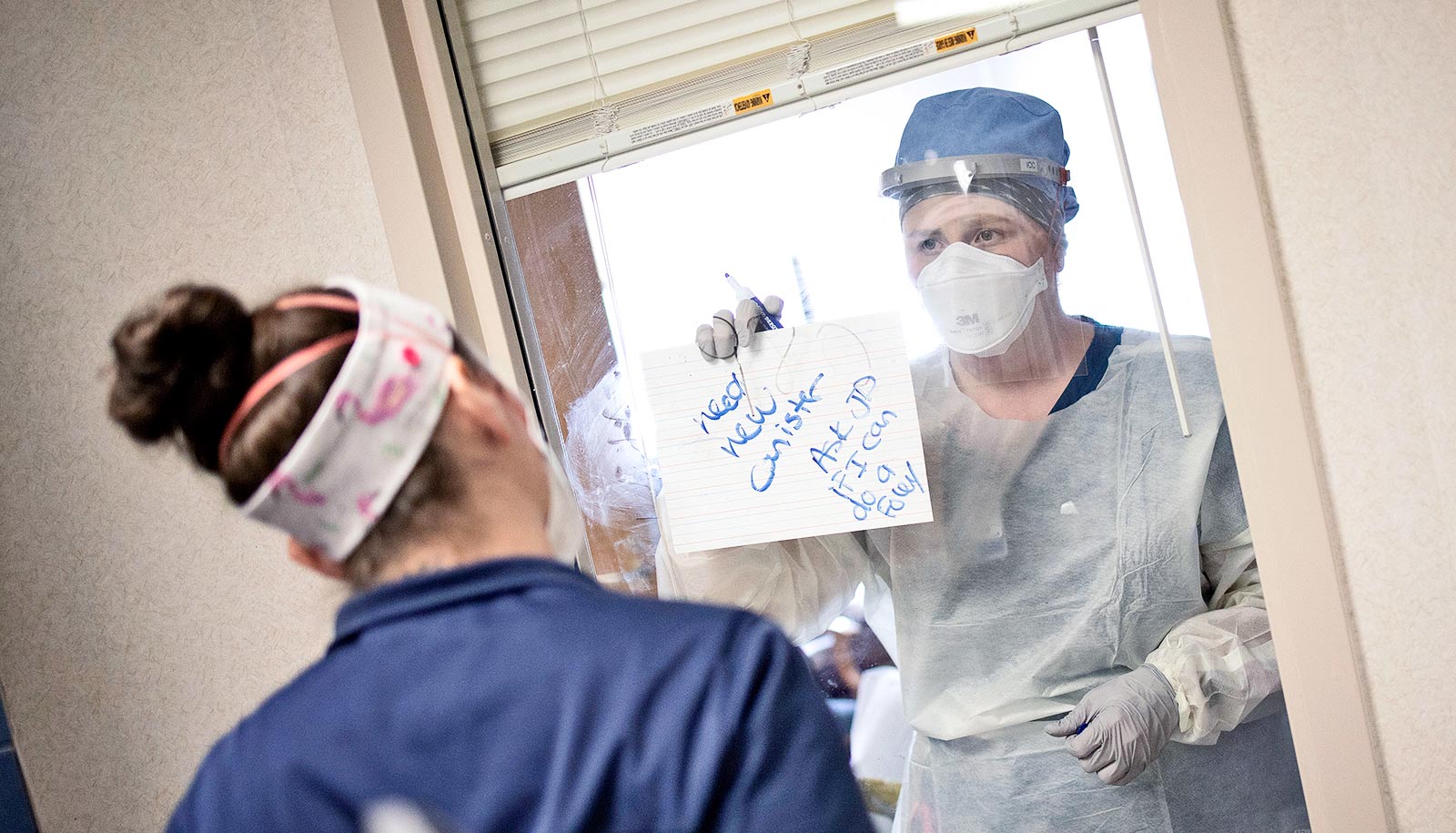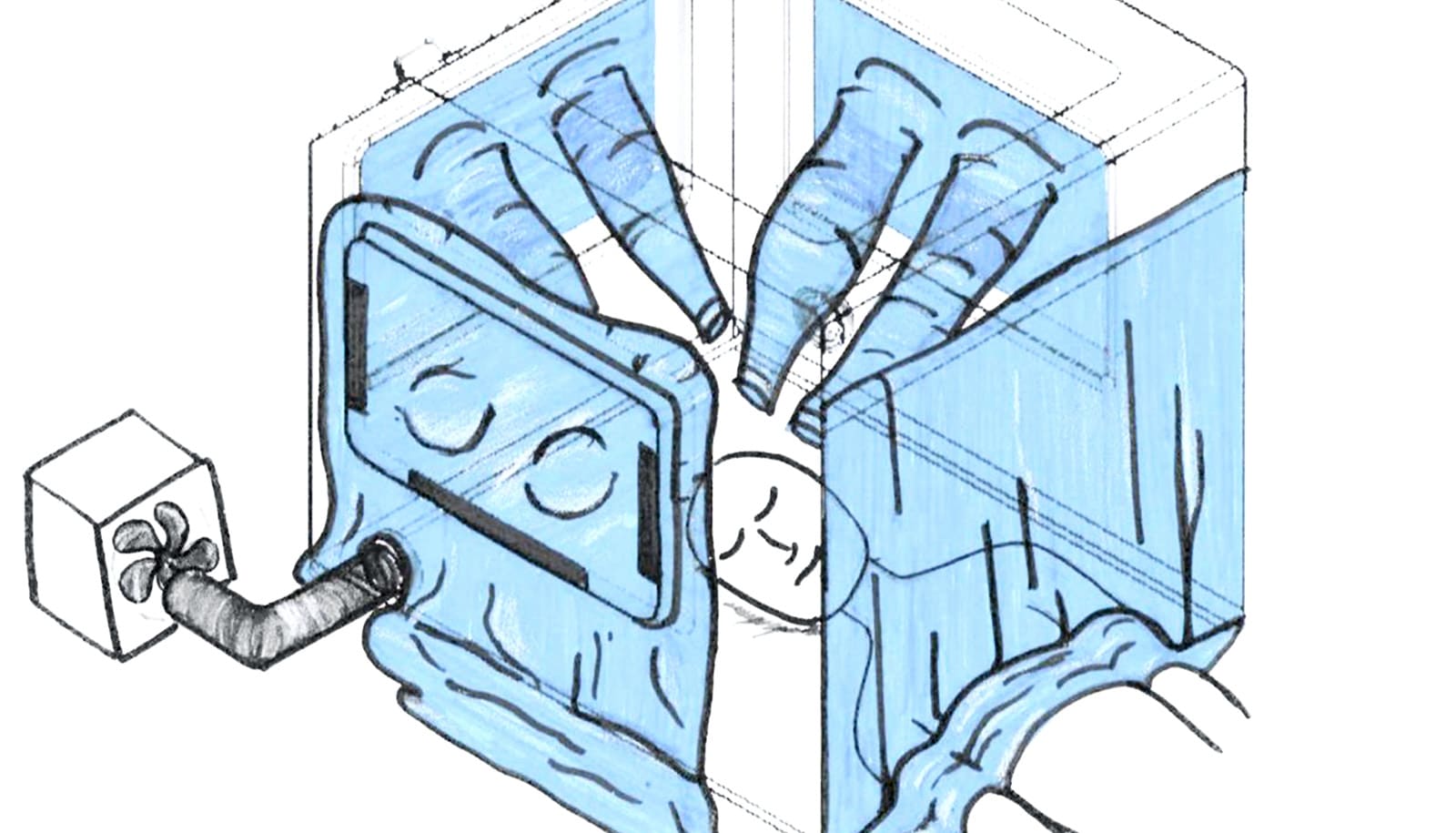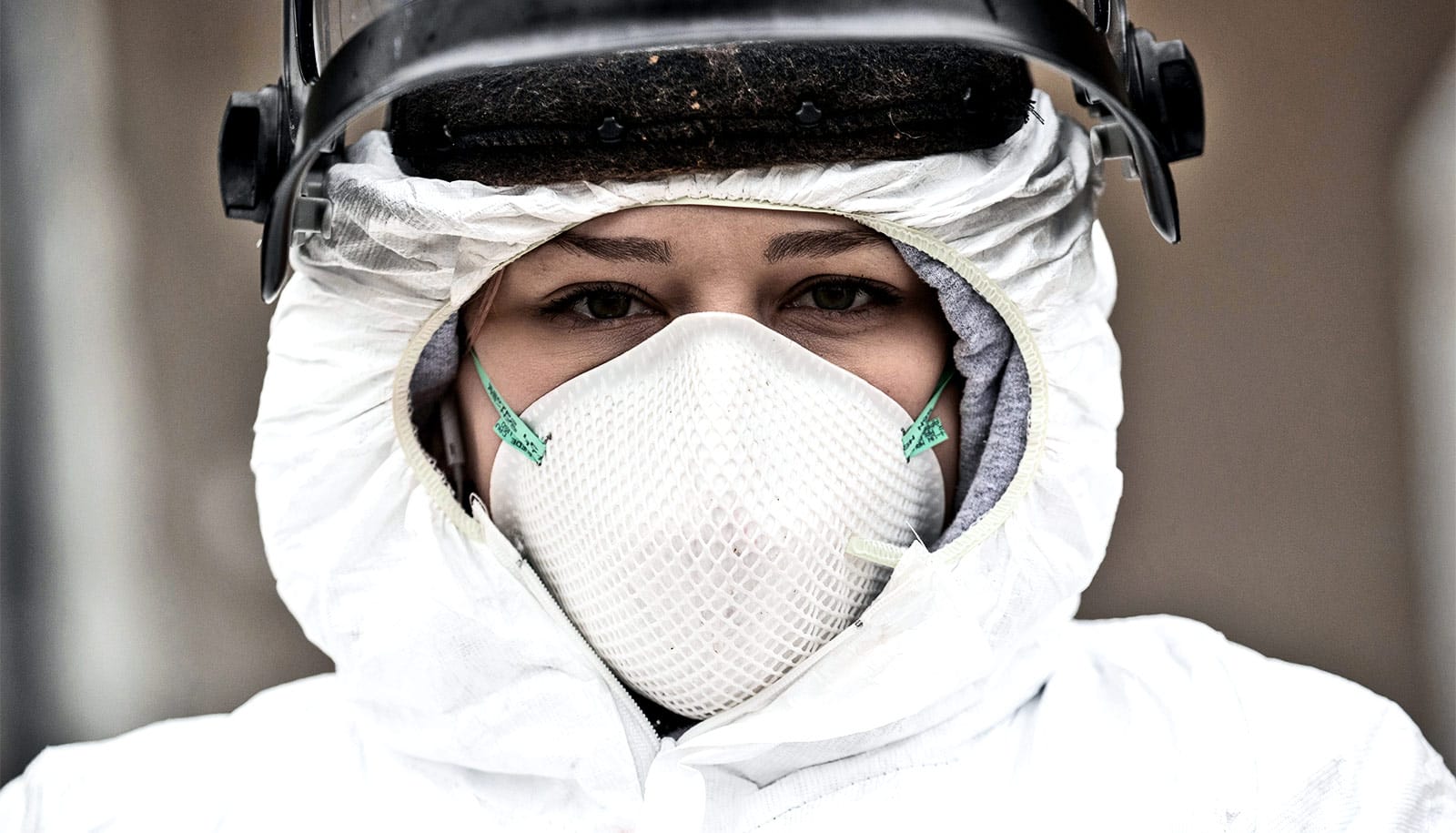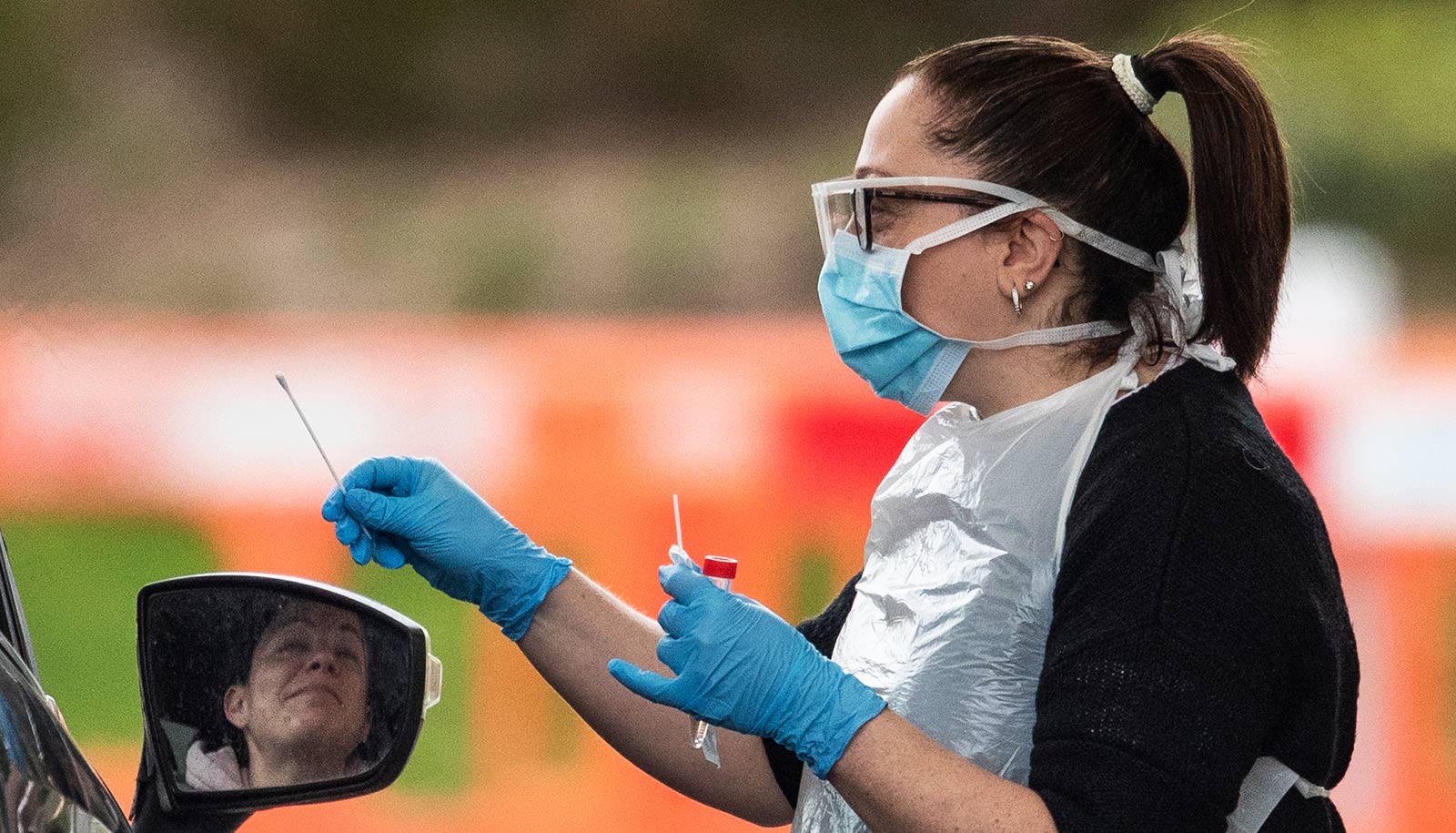COVID-19 health workers have found a new use for baby monitors: linking ICU staff and offering a connection for patients and their family members.
“With HEPA (high-efficiency particulate air) filtration in place in COVID ICU rooms to trap and filter air, the noise of the filtration sometimes makes communication difficult between staff working inside the rooms, who are also dressed in full PPE (personal protective equipment), and staff assisting outside of the rooms,” says William Bender, assistant professor in the pulmonary, allergy, critical care, and sleep medicine division at Emory University School of Medicine and site director for critical care at Emory Saint Joseph’s Hospital.
“As we thought about a solution, one of our nurses suggested baby monitors.”
“We had been writing on the ICU glass windows to communicate with colleagues inside and outside of ICU rooms, but baby monitors seemed like a great, simple way to improve communication,” says Tanya Snipes, a relief charge nurse at Emory Saint Joseph’s Hospital.
“We place the unit that would normally be in a baby’s room in the ICU room, always keeping it turned on, and place the parent unit outside of the room. This allows staff to press a button and talk to those inside the room. Staff outside of the room can always hear what’s needed inside the room without entering, which helps in conserving PPE.”
Chaplains have also found the baby monitors extremely helpful. Since family members cannot currently visit their loved ones in the ICUs because of visitor restrictions during the COVID crisis, chaplains are using baby monitors and cell phones to help family members communicate with ill patients.
“Families are so appreciative of the opportunity to speak to their loved ones,” says Mary Beth Krivanek, a senior chaplain at Emory Saint Joseph’s Hospital. “The baby monitors are helping us provide that special connection between patient and family to help in the healing process.”
The spouse of a care team member figured out a way to keep the monitors charged.
“Since unused outlets are sometimes scarce in the ICUs, the husband of a care team member, who is also an engineer, built battery packs to keep the baby monitors powered,” says Lisa Daniels, assistant professor in the pulmonary, allergy, critical care and sleep medicine division. “The battery packs keep the baby monitors powered for about five days without charging them.”
Source: Emory University



